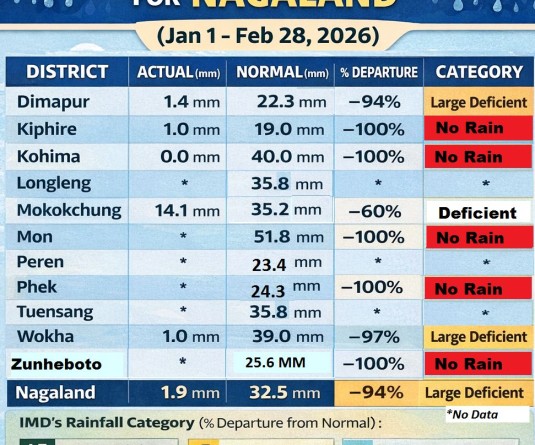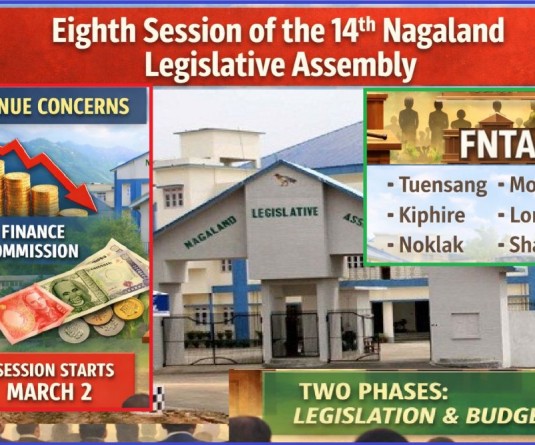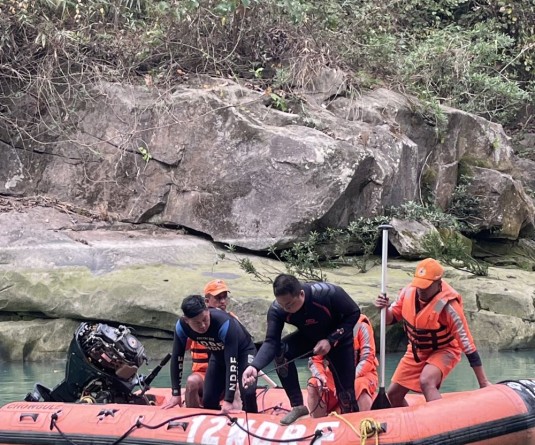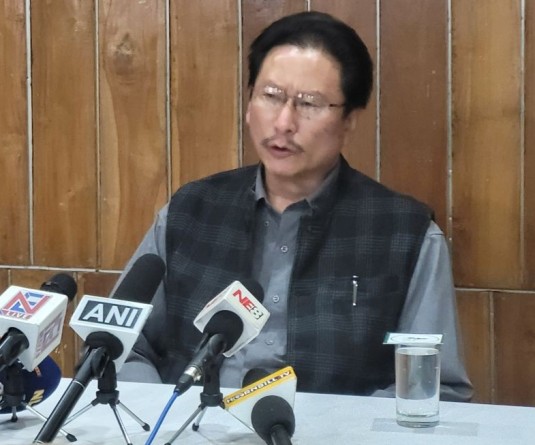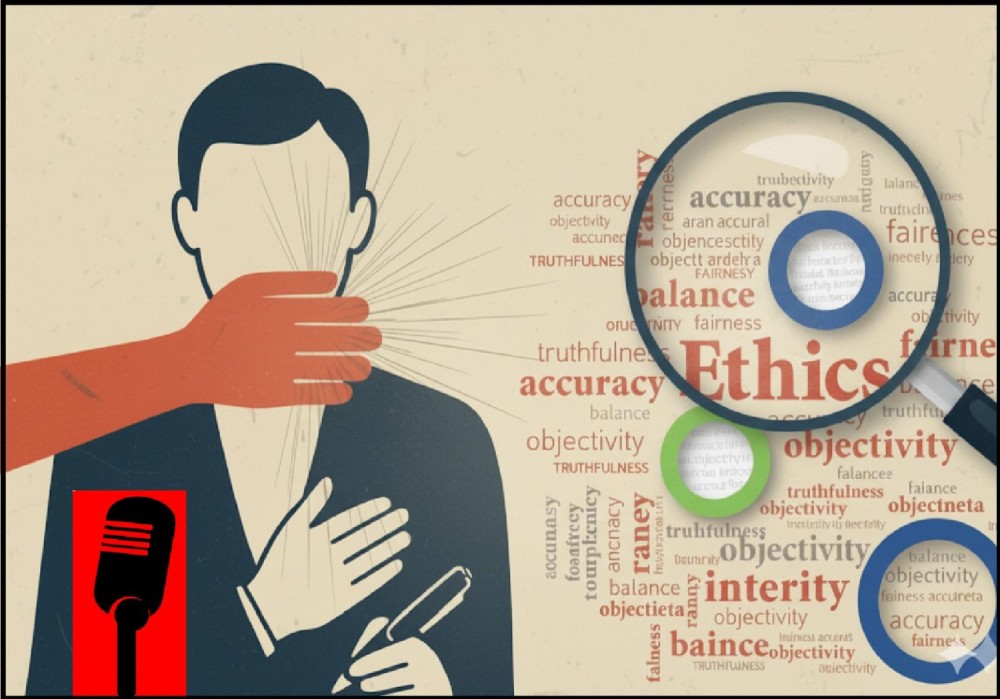
• Asserts efforts to silence and weaken the press must never be normalised
• Calls on journalists to defend credibility through ethical norms and professional integrity
Dimapur, August 27 (MExN): The Dimapur Press Club (DPC) today expressed deep concern over what it described as the “increasing incidents of threats and harassment aimed at stifling Press Freedom.”
The Press, often termed the ‘Fourth Estate,’ acts as a watchdog on behalf of the people and any attempt to weaken it is an attack on a core pillar of the democracy, the DPC affirmed in a ‘Statement of Concern’ received here.
“We must never normalise these attempts to silence and weaken the Press,” the statement categorically asserted, urging for solidarity from every corner of society to defend this “indispensable institution.”
Accordingly, while flagging the recent “verbal assault on a journalist” reported across multiple media platforms, the DPC pointed out that it was not an isolated incident.
“It is part of a disturbing and continuous pattern where politicians, elected representatives, and extra-constitutional entities in Nagaland have threatened and abused media professionals in the course of their duties,” it stated.
“This culture of intimidation and hostility must end,” the DPC declared, adding that a “collective effort is imperative to foster a safer, healthier environment where a Free Press can function without fear of reprisal for doing its job.”
Meanwhile, to counter such attempts, the DPC also called on all journalists to reaffirm their commitment to the core values of the profession and most importantly uphold professional integrity.
“Credibility is journalism’s asset, which among others, is built on the disciplines of verification, fairness and balanced presentation; and the transparent correction of error, the essential elements of the profession,” it added.
The DPC also affirmed that it is the objectivity and commitment to factual reporting that distinguishes journalism from propaganda.
In an era when the Free Press has come under increasing attack, both from state as well as non-state actors, the principles of ethical journalism are more critical than ever, it added.
The DPC also underscored that while the medium and form of journalism may, the essential framework for maintaining fairness, objectivity, and public trust transcends all.
In this connection, it urged journalists to guard against the “danger of becoming pawns” in political intrigues or serving the agenda of powerful interests, inadvertently or otherwise.
This requires continuous self-reflection and a resolve to resist all forms of pressure, it added.
The DPC further reiterated that journalism must act as “independent monitor of power, not becoming vessels for the powers that be to draw political mileage from.”


